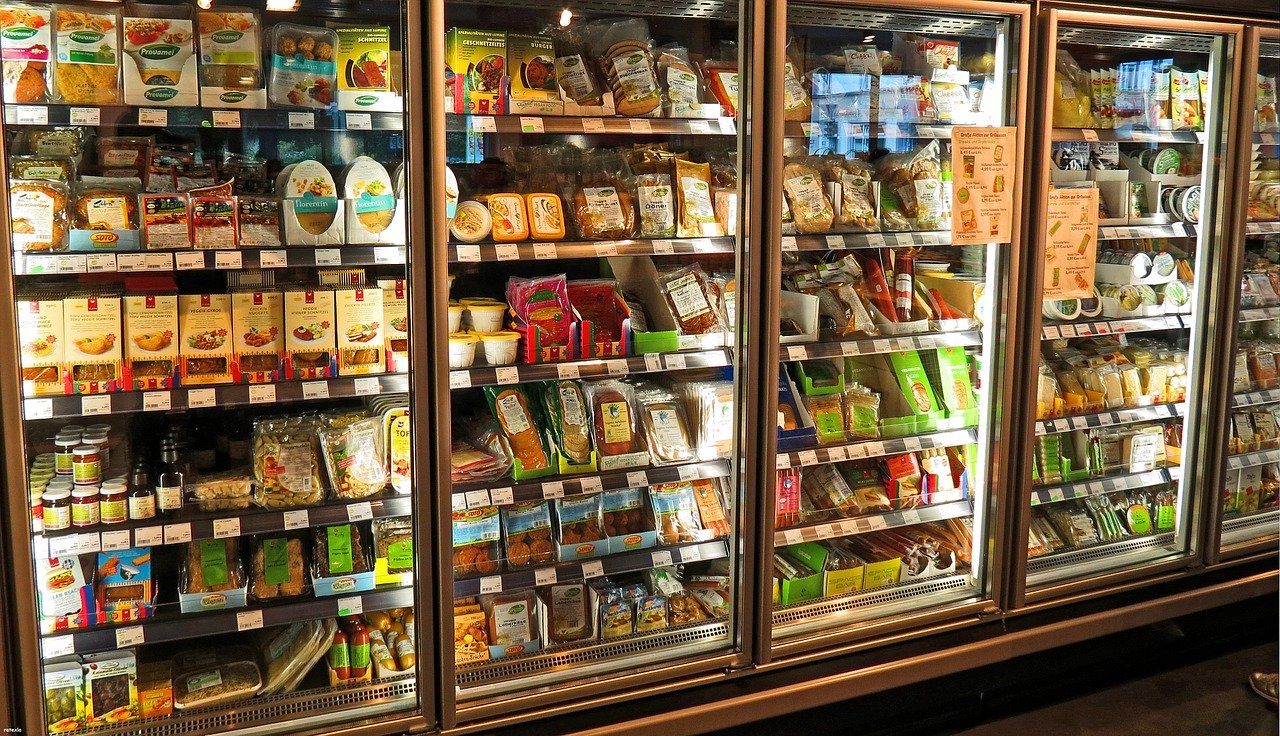
Life&Style writer Alice Gawthrop outlines how companies have responded to COVID-19
The news has been dominated by coronavirus since January, but it’s not all doom and gloom. In the midst of these difficult, uncertain times, some brands have taken the opportunity to give back to the communities in which they operate.
Many supermarkets have organised special opening hours that cater to specific groups, whether those be the vulnerable and the elderly, or NHS and other key workers. In an email to customers sent on 25th March, Tesco CEO Dave Lewis wrote, ‘We have introduced a special hour in stores for NHS workers as a thank you for all they are doing. On Sundays, they can browse our large stores and select their shopping an hour before the checkouts open. […] To ensure our more vulnerable and elderly customers can shop for what they need in our large stores, we have prioritised one hour every Monday, Wednesday and Friday morning between 9-10am.’
The Sainsbury’s website notes that since 23rd March, NHS ID holders have priority Monday to Saturday from 7:30am to 8am
Other supermarkets have taken similar measures. The Sainsbury’s website notes that since 23rd March, NHS ID holders have priority Monday to Saturday from 7:30am to 8am, while elderly customers, carers and disabled customers have priority Monday, Wednesday and Friday from 8am to 9am. Meanwhile, Iceland has temporarily limited online orders to customers who are over state pension age, self-isolating or otherwise vulnerable, asking anyone who does not fall into these categories to shop in person.
There can be no doubt that these measures are critical at a time like this, taking some of the burden off those key workers who are putting themselves at risk to go into work and help our country fight coronavirus. Additionally, it gives those more vulnerable members of society the chance to do their shopping safely, to save them from getting left behind by the rest of the country’s panic-buying and being put doubly at risk: both from COVID-19, and from malnutrition.
Ewa, who works for the NHS, said, ‘I think it’s a really good thing. Obviously when you’re in a high risk job you’ve got enough anxieties about the work itself without also having to be worried about if you’ll have anything to eat when you get home from a long shift. Normally after I finish work, all the shops are closed or everything is gone already, so having an opportunity to get your essentials takes that extra stress away. It’s great to have that opportunity to feel safer and appreciated.’
Brands can remind these people that they are not forgotten and they are not a burden; they are valued members of our society
As well as supermarkets, other brands have been taking this opportunity to do their bit in any way they can. In a post to her Instagram page on 17th March, Olivia Bowen, known for Love Island 2016, announced, ‘In light of the evolving global situation surrounding COVID-19 and in response to Age UK’s call to the government today for further support, In The Style pledges to donate 100% of all profits from ‘In The Style X Olivia Bowen’ sales to Age UK, a registered charity dedicated to supporting elderly people across the UK who find themselves in a more vulnerable situation and facing uncertainty.’
At such a critical time, it can be all too easy, without even realising it, to make the most vulnerable members of our society feel like a burden, whether that be in the way we talk about who is at risk or by forgetting them altogether in the way we respond to this crisis. By taking steps like Olivia Bowen’s or the various supermarkets around the UK, brands can remind these people that they are not forgotten and they are not a burden; they are valued members of our society and we will pull together to protect them as best we can.
Internationally, designer brands have redirected their efforts to help battle the pandemic. On 15th March 2020, LVMH, the luxury conglomerate that owns Louis Vuitton, Dior, Givenchy and more, announced it will be producing its own hand sanitizer to help manage the shortage in France caused by the pandemic. Meanwhile, in Italy, Prada released a statement that the brand’s Co-CEO’s and Chairman have each donated two complete intensive care and resuscitation units to hospitals in Milan.
According to a study done in 2013, 89% of participants thought businesses should support charities and their local communities
For the more cynical among us, there may perhaps be an ulterior motive to all this. According to a study done in 2013, 89% of participants thought businesses should support charities and their local communities, and nearly half were more likely to buy from companies that donate to good causes. There is an argument to be made that actions such as those outlined in this article are not taken in good faith, but rather are a calculated move, taking advantage of crises to improve public image and profits.
But at a time like this, when there is so much uncertainty and confusion, we can at least have faith in one another. Even if there are some ulterior motives at play, it is undeniable that these brands are doing a good thing, helping countless individuals as well as contributing positively to the global fight against this pandemic. It is reassuring to see brands trying to find ways to ease the burden on consumers, rather than exploit their panic and desperation by hiking prices. At a time like this, we need all hands on deck.
More Redbrick coverage of coronavirus:
Comments